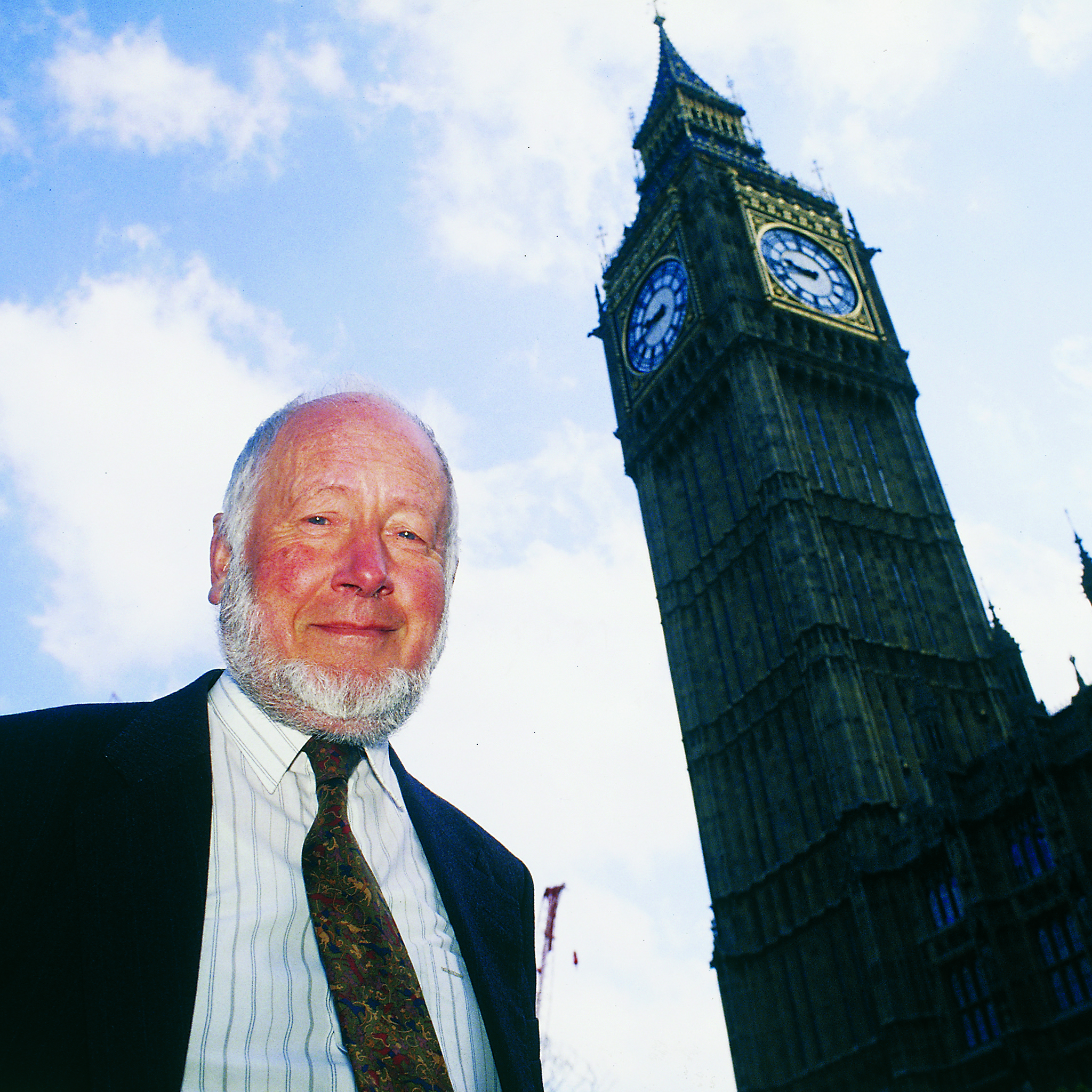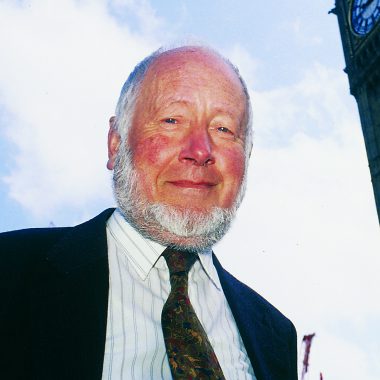
3×2 dr tudor hart 2 main pic
Dr Julian Tudor Hart was a physician and epidemiologist before working for over 30 years as a GP in the South Wales mining village of Glyncorrwg. The son of politically active doctors, he grew up steeped in radical politics (his father volunteered as a surgeon with forces fighting Franco in the Spanish Civil War), in a home regularly used as a transit centre for refugees fleeing fascist oppression in Europe.
An unwavering and passionate socialist, he stood as a Communist Party in general elections on a number of occasions and is President of the Socialist Health Association.
While studying medicine Dr Tudor Hart was concerned about general practice’s reputation as being the most frustrating field of medicine. After posts in hospital and urban general practice he worked at the Archie Cochrane led MRC Epidemiology Unit, where he met his wife and research partner Mary.
This background in epidemiology taught Dr Tudor Hart when in practice to study how his patients’ lifestyles caused their ill health and worked with them to improve this. Equally concerned with the need to provide public service, in 1961 he moved to the coal mining community of Glyncorrwg, South Wales and set up in practice, where he stayed for 30 years.
It was while working at Glyncorrwg that in 1971 he introduced in a Lancet article the inverse care law; the principle that the availability of good medical or social care tends to vary inversely with the need of the population served.
Like other research pioneers Dr Tudor Hart realised he and his team needed to know his population on a case by case basis. Believed to be first doctor to routinely measure every patient’s blood pressure, his practice was the first recognised research practice in the UK. In 2006, he was awarded the inaugural RCGP Discovery Prize for research in primary care.
General practice during the NHS: 1970s
In 1977, Dr Krishna Korlipara founds the country’s first GP out-of-hours co-operative.
Reflecting its increasing professionalism, the royal charter is granted to the Royal College of General Practitioners in 1972. And after years of concern about the adequacy of their training, from 1976 three-year postgraduate training programmes becomes mandatory for GPs.
The 1979 Royal Commission on the NHS recommends more health practices in inner cities, a fixed retirement age for GPs and better training for receptionists. Its recommendations see the NHS take its first steps to localism, with delivery of health services transferred from the DHSS to regional health authorities.
Pulse October survey
Take our July 2025 survey to potentially win £1.000 worth of tokens













